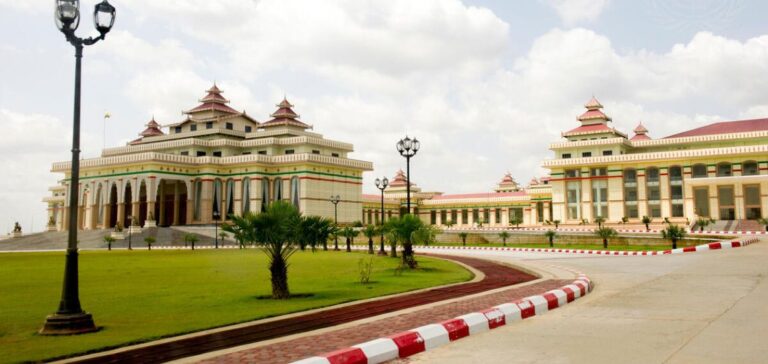Myanmar is undergoing an energy crisis marked by power outages that disrupt daily life in its major cities. The electricity rationing imposed by authorities forces residents to adhere to strict schedules that do not meet modern needs, impacting both professional and domestic activities.
Energy Context and Geopolitical Landscape
In Yangon, the economic capital, residents endure a highly restrictive power distribution regime. Reported testimonies indicate periods of limited electricity supply, forcing users to adjust to irregular schedules for cooking and resting.
The situation is exacerbated by a civil conflict that, since the February 2021 coup d’état, pits the military against various ethnic armed groups and pro-democracy factions. The fighting, which has already claimed the lives of over 6,000 civilians and displaced millions, complicates the management and development of electrical infrastructure.
Infrastructure Challenges and Alternative Solutions
Myanmar’s electrical grid, largely reliant on aging hydropower dams, struggles to meet growing demand. According to a report from the Ministry of Electric Energy, the actual distribution capacity is far below the installed capacity, exposing the country to significant safety risks.
In response to this mismatch between supply and demand, alternative solutions are emerging. The development of solar energy is gaining importance, notably supported by China, which is experiencing rapid expansion in renewable capacity installations. Local companies, such as SunSolarMyanmar, are observing increasing interest from households in installing solar panels, despite the high initial investment.
Perspectives on Energy Development
While calling for the development of renewable energies, Myanmar’s authorities face a complex political context and underfunded infrastructure. Optimizing hydropower potential and gradually integrating solar energy represent essential strategies to improve the reliability of the electrical grid.
The challenges remain strictly technical and economic, with no environmental or promotional initiatives altering the factual analysis of the situation. Official data and local testimonies weave the fabric of a difficult energy reality, where investments and modernization of infrastructure appear as necessities to ensure continuous power supply for both the population and economic actors.






















